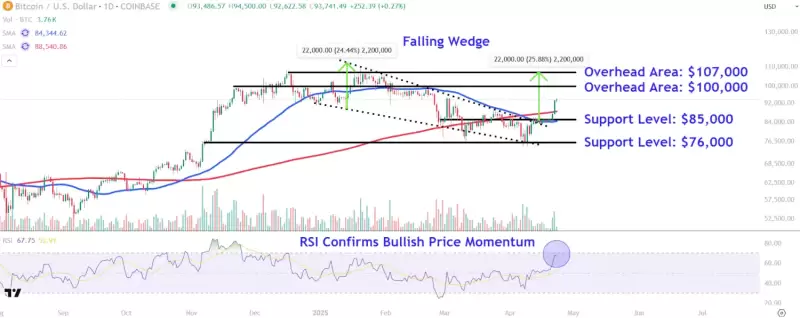Plant-based, chocolate and organic protein powders had highest levels of lead or cadmiumNearly half of powders tested exceeded California's Prop 65 limits

A new report has found that popular protein powders, especially those that are plant-based, organic, or chocolate-flavored, may contain concerningly high levels of lead and cadmium.
The report, published Monday by the Clean Label Project, analyzed 160 protein powders from 70 popular brands for various contaminants, including heavy metals and hormone disruptors. While specific brands were not named, the findings are raising eyebrows among health-conscious consumers.
Key Takeaways from the Report:
- Among the different types of protein powders, those made from plant proteins (such as soy, rice, and peas) were found to contain lead levels that were, on average, three times higher than powders primarily based on whey, a byproduct of cheesemaking.
- Organic protein powders also showed a worrying trend, with lead levels that were, on average, three times higher and cadmium levels that were, on average, twice as high compared to non-organic protein powders.
- Chocolate-flavored protein powders had significantly higher heavy metal levels than vanilla-flavored powders. On average, chocolate-flavored powders contained four times more lead and up to 110 times more cadmium than their vanilla-flavored counterparts.
The report highlights the concerning presence of heavy metals in the food chain and the importance of making informed choices to minimize exposure to these harmful substances.
Disclaimer:info@kdj.com
The information provided is not trading advice. kdj.com does not assume any responsibility for any investments made based on the information provided in this article. Cryptocurrencies are highly volatile and it is highly recommended that you invest with caution after thorough research!
If you believe that the content used on this website infringes your copyright, please contact us immediately (info@kdj.com) and we will delete it promptly.






















































































